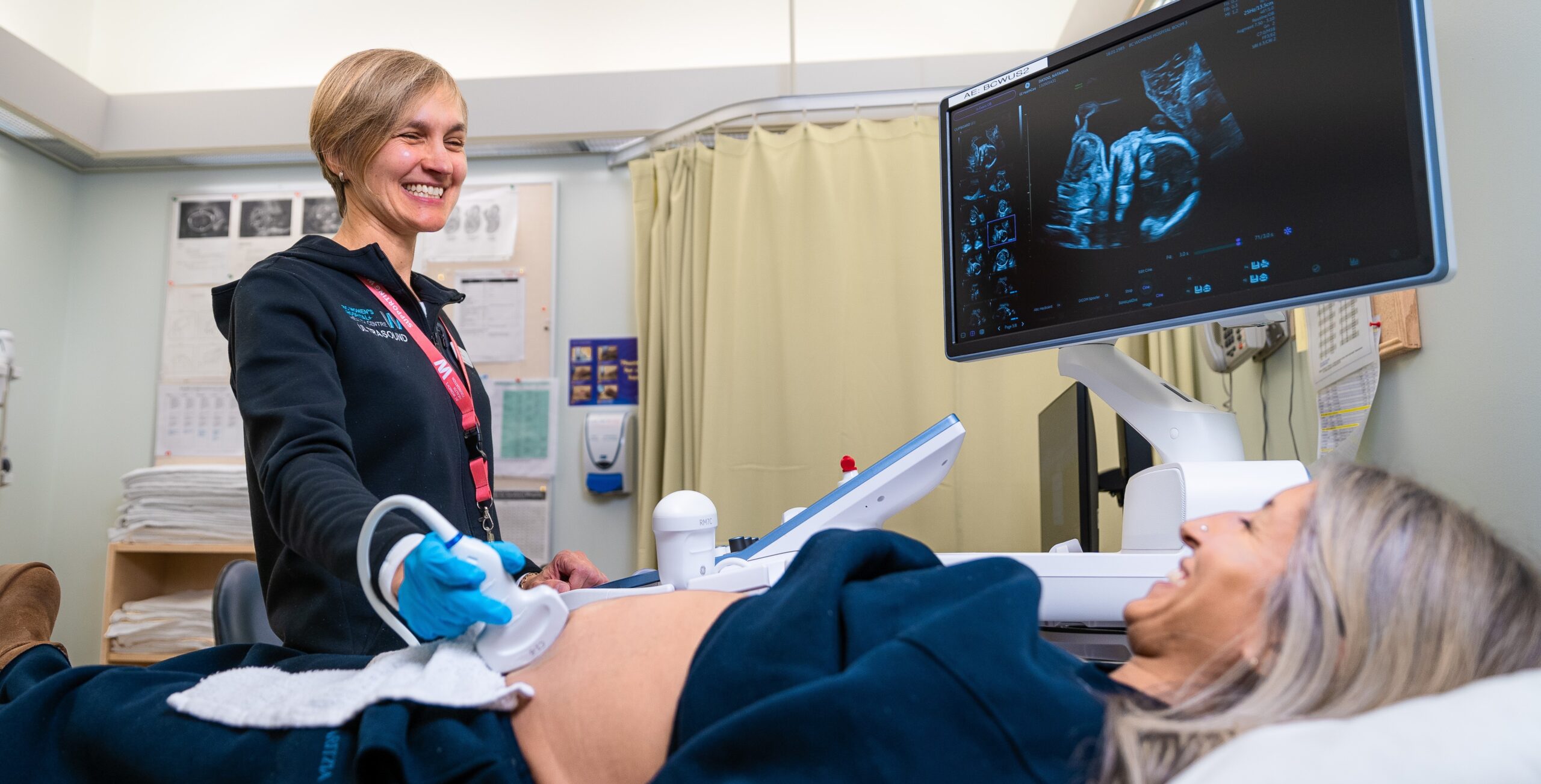
In October 2019, our Foundation released In Her Words, a report on women’s experiences with the healthcare system in BC.
The three main challenges they identified were “no access to a family doctor,” “communication challenges” and “speculation that healthcare providers are overworked or too busy.”
138,000 people in Vancouver are “unattached,” meaning they do not have a primary care physician. So whether you’re at a walk-in clinic, family doctor, specialist, or hospital… here are some tips for before, during, and after your appointment:
BEFORE
Make a list
Write down a list of your current medications including over the counter medicines and supplements, as well as any questions you’d like answered.
If you’re seeing someone about a specific complaint, consider writing when it started, what you’ve tried already, what makes it better or worse, and any associated symptoms.
There is such a wide range of what could be considered “normal.” It really varies from person to person. So try to detail exactly what’s changed for you. It can help to choose adjectives like mild, moderate, severe, or excruciating.
DURING
Be assertive
Over half of women surveyed in In Her Words felt a physician had diminished or overlooked their symptoms. That’s where referring to your notes can come in handy.
Talk about the most important thing first, to be sure you have time for it. And know that it’s ok to ask your healthcare practitioner to slow down, or to say “I don’t understand.”
Bring someone
If you feel comfortable, having a second voice in the room to help advocate for your needs, provide moral support, or even just take notes can be incredibly helpful.
AFTER
Keep your records
It’s great to get a printed copy of your records from that visit. You can also write your own description in your phone to reference later. Consider including things like: your reason for visiting, how it went, and what you were prescribed.
It’s easy to let this fall off your radar by the next time you’re in. So it’s a good idea to capture right away while it’s fresh.
Sign up for e-health
If you’ve been recommended additional testing, you can access your own lab results for free and in four languages.
Follow up
Make sure you are clear on any medications you need to take, and whether you need to schedule another appointment. If you’re waiting for a referral and you don’t hear back, follow up.
Reflect on your experience
It can feel challenging to assert your needs to certain healthcare practitioners. If something doesn’t feel right, try to get a second opinion or take some time to think things over and acknowledge that you did your best.
Nobody knows your body better than you.
Keep reading
BC Women’s Health Foundation is BC’s largest non-profit organization dedicated to advancing the full spectrum of women’s health. The information shared on our website or social media is not intended to be a substitute for professional medical advice, diagnosis, or treatment. Always seek the advice of a qualified health provider with any questions about your medical condition.
-
Full Circle: A Journey of Receiving and Giving Back
“The moment we were all together.” -Sarah Clark, BC Women's NICU parent...
Read more -
Creating Moments of Confidence
“The moment I can give a new mother the confidence and reassurance that she needs.” -Nila Pavlova, Ultras...
Read more -
Gratitude from our Breast Health Supervisor
“The moment when I knew I was making a difference.” -Angela Ha, BC Women’s Sadie Diamond Breast Imagin...
Read more



